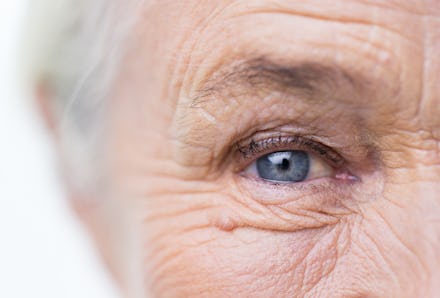NMN: The Most Futuristic Anti-Aging Drug Ever Is About to Undergo Human Trials

Drugstore shelves are laden with lotions and potions purporting to reverse, as if by magic, your body's natural signs of aging.
The only problem? They're bogus. Research has proven most wrinkle creams don't work, and the Food and Drug Administration has issued warnings about anti-aging products making too-good-to-be-true claims.
Now for the good news: If a planned clinical trial is successful, a legitimate anti-aging product could eventually come to market, Gizmodo reported.
A compound called nicotinamide mono nucleotide, or NMN, has been shown to slow signs of aging and extend lifespan in mice — and now, scientists from Washington University in St. Louis and Keio University in Japan are gearing up to test it on humans.
How NMN works: NMN is an organic molecule that's been shown to activate sirtuins — a class of proteins that get weaker as we get older.
In past experiments, Washington University researcher Shinichiro Imai reportedly found that when mice consumed a steady diet of NMN, they experienced "improvements to age-related declines in metabolism and eyesight," as well as improved glucose intolerance and lipid profiles.
Trying it on humans: A clinical trial on humans is set to begin "as early as next month," according to the Japan News. Researchers will give NMN to 10 healthy people to make sure it's safe, and then "examine whether NMN can improve functions of the human body."
Mice and humans share many genetic characteristics, which is part of the reason they're so often used in lab tests. But as Gizmodo pointed out, it's "unlikely that NMN will work as profoundly on humans as it does on mice — a tiny creature with a remarkably 'plastic' lifespan."
If it ends up working, that's great. If not, we're happy to embrace our wrinkles, too.
Read More: